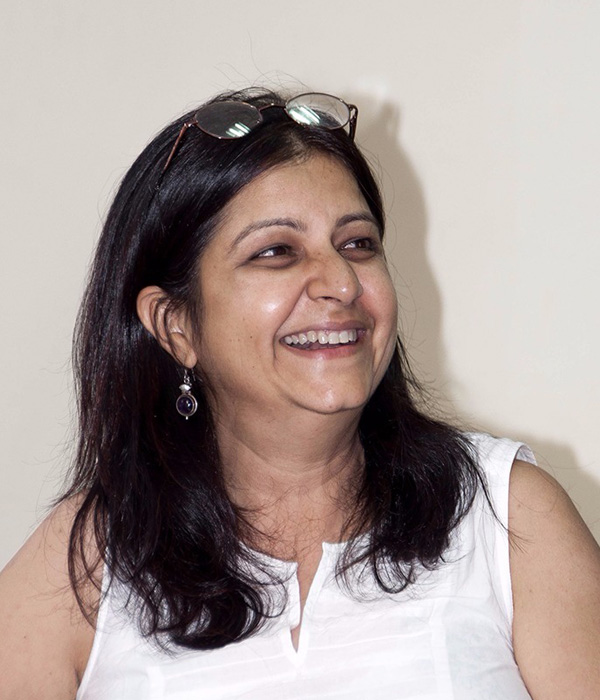19th ICOMOS General Assembly & Scientific Symposium 2017- An overview
ICOMOS General Assembly 2017 and the Scientific Symposium is an opportunity for heritage professionals and enthusiasts from around the world to come together on a common platform and deliberate on various aspects of heritage conservation and management. Young professionals also get a chance to interact with experts, comprehend the emerging issues and learn from national and international case studies on conservation and management of cultural resources.
ICOMOS holds its General Assembly every year and triennial General Assembly every three years. Till date, ICOMOS has held 18 sessions of its triennial General Assembly: twelve in Europe, two in Asia, two in North America and one in Africa.
ICOMOS India has been proud to organize the 19th triennial General Assembly in Delhi, India from 12th – 15th December, 2017. The theme of Scientific Symposium was “Heritage & Democracy”.
More than 1,500 delegates from around the world and various fields of specialisation (archaeologists, architects, urban planners, engineers, curators, building conservation professionals, art historians) attended the events. It was thus a unique opportunity to promote international co-operation and strengthen understanding and communication in the field of heritage.
Scientific Symposium “Heritage and Democracy”
Scientific Symposium: Theme and Sub-themes
Heritage and Democracy was the designated theme for the Scientific Symposium organised in the largest Democracy of the world- India in the city of New Delhi from 11th to 15th December 2017 during the course of ICOMOS 19th General Assembly.
The fundamental idea of this Symposium was inspired by a recent global shift in heritage discourse towards a sincere people-centric engagement. The ICOMOS Scientific Symposium 2017 explored the possibilities for cultural heritage in a domain of multiple stakeholders, recognising the challenges of cultural diversity and resulting contestations amidst local and/or global communities.
We sought contributions that identifed sustainable means to work towards equity, ensure intellectual and physical access to heritage monuments and sites. The contributions acknowledge and build upon intangible associations with sites while empowering them to protect and interpret the future of our past in times of war and peace; with the increasing support of digital technology.
Concerns faced by the heritage community today raised some relevant question that need addressing urgently. l. How do we facilitate the multiplicity of perceptions that challenge, reject, renegotiate or simply ignore the dominant discourse on heritage? How can we identify, acknowledge and collaborate with owners, stakeholders and custodians of heritage from within our diversity? And then, how do we negotiate particular challenges to collectively safeguard our past?
The Symposium offered opportunities for collaboration as we continue the Culture-Nature journey to examine lessons to be learnt from ‘cultural studies of human endeavour’ to shift from fighting risk towards mitigating risk; and to conserve and adapt tangible and intangible heritage within all societies successfully.
Nupur Prothi Khanna
Sheridan Burke
Symposium Co-Chairs
Complete / Original / Source article : www.icomos.org



